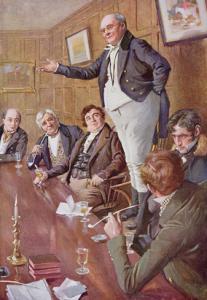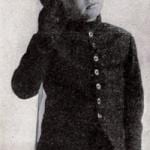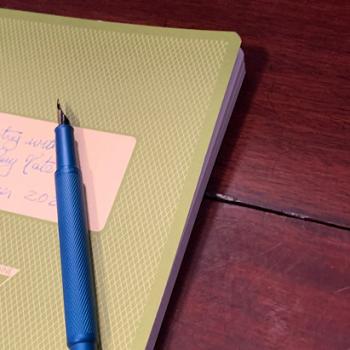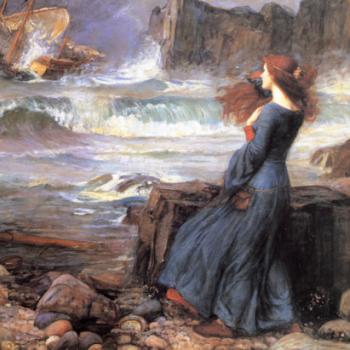 Sleep sometimes hides from me and I find words soothing. They distract me from my cares and allow me to unwind. Many nights the stories of Arthur Conan Doyle have given me rest, but now I have a new favorite: The Pickwick Papers.
Sleep sometimes hides from me and I find words soothing. They distract me from my cares and allow me to unwind. Many nights the stories of Arthur Conan Doyle have given me rest, but now I have a new favorite: The Pickwick Papers.
This use is not an attempt to insult the book, but to praise it. The Pickwick Papers will stand close attention, I am sure any number of doctorates have been earned by it, but it does a harder thing: it can stand slight attention.
Any academic hack can write something best understood with care, but it is much harder to change a reader while encouraging him to relax. While we are unfocussed, the writer changes us. Shakespeare did it in his pastoral comedies and it was the genius of Dickens to be able to write something wonderful experienced at high speed.
Don’t sip Pickwick, gulp it, big gulp it if you are not in intellectual NYC where sipping is required. Like the main characters, most of whom strain a vest button or two to popping, Pickwick wants to make you intellectually fat, but not lazy.
My great-aunt, almost old enough to remember Dickens’ time, viewed it as high praise to say a man or woman was “stout.” This kind of fatness is no longer in favor, but to be “stout” in her terms was to be big, well-fed, happy, but fit. A stout man can go on adventures, it keeps off the gout.
There are lean, Lenten reading times: modern writing is full of such passages. Reading even a paragraph of Joyce strips a Christian down for action.
Where do we find a Sabbath rest? Where can we recreate without the foolishness that often accompanies light-heartedness?
The Pickwick Papers are full of fun and feasting on food that taken all the time would kill a man, but taken with Dickens makes him stout.
What did this first of Dickens great works teach me? It left me with five questions:
First, Pickwick and his friends adventure locally. Dickens gently mocks their adventures in deepest, darkest rural England, but still it is appealing. They slowly journey into an area and look at it. They don’t rush through it, but view it at human or horse speed. Can I look at Houston, my new hometown, that way?
If I do, how will it change me?
Second, Dickens sees the humor in his society as well as the social evils. He takes on prisons, not for the last time, but does so with hope of redemption. Dickens is a Christian. How could a secular society change humorously?
Third, Dickens’ mocks, but gently. Pickwick himself is a figure of fun, but beloved. His wise and foolish, not unlike most of us by the time we reach a ripe old age!
Fourth, Sam Weller like the other great literary Sam, Sam Gamgee of Lord of the Rings, becomes great by becoming a servant. Most of my career has functioned as being (at best!) the number two person to a greater man: Clyde Cook, Barry Corey. It is not a bad thing in my experience? What can Weller teach us about the dignity of having a “boss?”
Finally, how does Dickens educate our souls while making us relax and laugh? Why is so much “serious” modern writing grim?
Dickens wrote Bleak House and Great Expectations so he knew how to tell hard truths. He wrote Old Curiosity Shoppe a book where he made himself sad, let alone his reader. Pickwick showed that at least Dickens knew how to make his readers laugh, a skill he never lost, without debasing their minds. He was comic without clownishness.
Can most comedians say the same?













